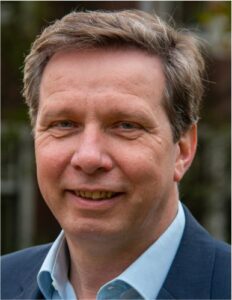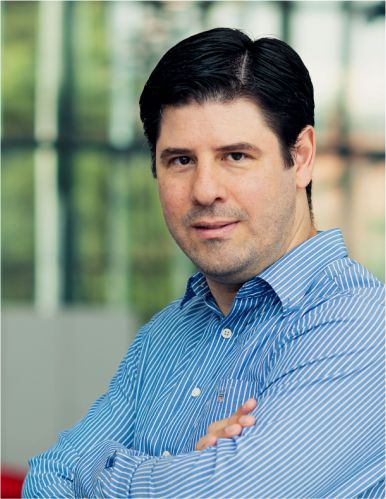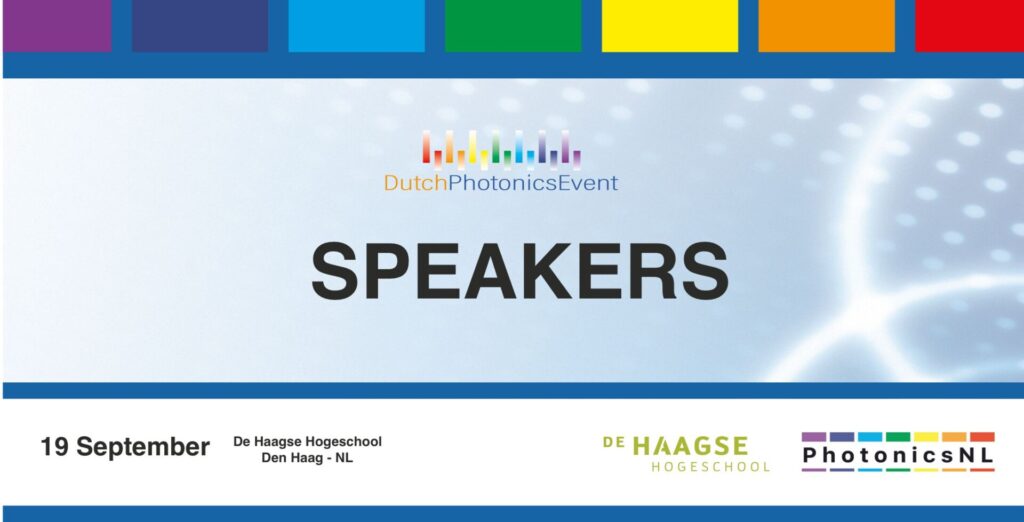
Keynote
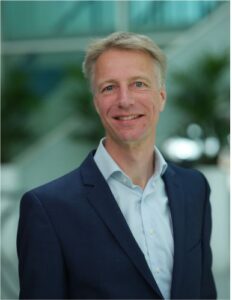
Steven van den Berg
De Haagse Hogeschool
'Putting light into practice: optical sensing technology for real-life applications'
'Putting light into practice: optical sensing technology for real-life applications'
Steven van den Berg has over 25 years of experience in optics and photonics research, specializing in metrology. He earned his MSc (1997) and PhD (2002) in physics from Leiden University in the Quantum Optics group, focusing on light-emitting polymer lasers. At VSL, the National Metrology Institute of the Netherlands, he worked as a principal scientist on high-end optical measurement technology, including frequency comb lasers and calibration of light sources and detectors. Since January 1, 2021, he has been a professor of Photonics at The Hague University of Applied Sciences. His research group develops optical measurement technologies for practical applications, such as fiber-optic sensors for structural health monitoring and low-cost spectral imaging for horticulture.
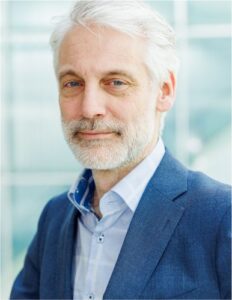
John Bolte
De Haagse Hogeschool
'Putting light into practice: optical sensing technology for real-life applications'
'Putting light into practice: optical sensing technology for real-life applications'
John Bolte has over 25 years of experience in electromagnetic and optical sensing applications. He has a PhD in Physics (TU Delft) and is a registered epidemiologist (Amsterdam Free University, VU). Since September 2016, John chairs the research group Smart Sensor Systems at The Hague University of Applied Sciences. The motto is: Prevention through Prediction: keeping machines, plants, animals and humans healthy. In 2020 he was appointed director of the Centre of Expertise Digital Operations and Finance. He uses optical sensor methods and AI in greenhouses for crop monitoring, in navigation and scanning systems in inspection robotics and drones, f.i, in the RWS climate adaptation project on scanning the biodiversity on roadsides, and in vibration measurements for predictive maintenance.
Biophotonics/Bionanophotonics
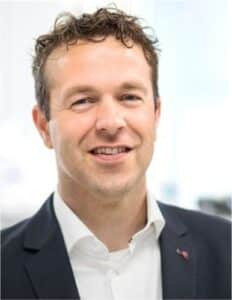
Luc Scheres
Surfix Photonics
'Surfix’s photonic diagnostics platform; a multi-modal point-of-care solution with lab precisio'
'Surfix’s photonic diagnostics platform; a multi-modal point-of-care solution with lab precisio'
In 2005, Luc received his MSc degree in Chemistry and Physics from Utrecht University. Subsequently, he moved to Wageningen University and obtained his PhD degree (with highest honours) in 2010. After a short post-doc at Eindhoven University Luc founded Surfix in 2011, a contract research organization in nanocoatings. Luc was leading the company for almost 10 years and now he is the CTO.
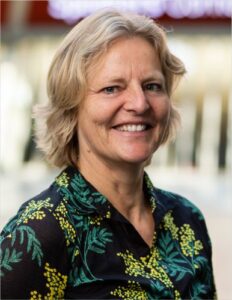
Astrid Stift
De Haagse Hogeschool
'Mirroring against harmful ultraviolet radiation Awareness and prevention of skin damage caused by ultraviolet (UV) radiation'
'Mirroring against harmful ultraviolet radiation Awareness and prevention of skin damage caused by ultraviolet (UV) radiation'
With a background in Communication Science, I have held positions such as manager of communications and information officer in both the public and private sectors. Over a decade ago, I began teaching at The Hague University of Applied Sciences as a graduation adviser for Sport Management students. My career journey led me from Nutrition to Dermal Therapy education in 2016. As an educator, I specialise in Sports and Event Management and trend development. I supervise students on international internships and graduation projects, using Design Thinking in my classes to foster the creation of professional products. At the Center for Health Innovation, I am affiliated with research groups focusing on Relational Care and Assistive Technology for Inclusive Mobility and Sports. Collaborating with UTwente professor Ruud Verdaasdonk, we aim to improve sun protection behaviour through research, striving to reduce sun damage and skin cancer.
Imaging/Microscopy
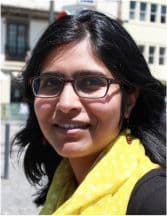
Nandini Bhattachrya
TU Delft
'Using scattered light to study the flow through blood vessels'
'Using scattered light to study the flow through blood vessels'
Nandini Bhattacharya PhD (Associate Professor)
Faculty 3mE, Dep. Precision and Microsystems Engineering, Mekelweg 2, 2628 CD DELFT
The main focus of her research is to build optical devices to gain information without physical contact or system disruption. The aim of this is to use light to extract maximum information from a system with minimum perturbation to it. This is challenging because not the same modality can be used for every application. This is reflected in my work, which ranges from long-distance measurement using highly stable pulsed lasers to the (clinically relevant) use of laser speckle to study the flow of blood and other temporally evolving systems.
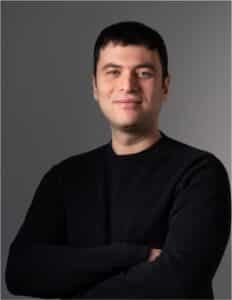
Dima Bederak
QDI Systems
'Affordable and efficient SWIR sensors based on quantum dots'
'Affordable and efficient SWIR sensors based on quantum dots'
Dr. Dima Bederak obtained his bachelor's degree in chemistry from the National University of Kyiv, Ukraine, in 2013. He then pursued a Master's degree in nanoscience at the University of Groningen, graduating in 2015. During his time at Groningen, he joined the Photophysics and Optoelectronics group, where he completed his PhD thesis on Colloidal Quantum Dots under the supervision of Prof. Maria Loi. Since 2019, he has been working at QDI Systems, currently holding the position of R&D and Product Manager.'
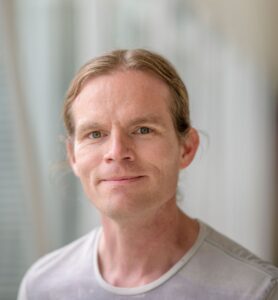
Ivo Vellekoop
Twente University
'WAVESIM – A video-rate Maxwell solver for understanding light scattering'
'WAVESIM – A video-rate Maxwell solver for understanding light scattering'
Ivo Vellekoop earned his PhD in the fundamental physics of light scattering in turbid materials at the University of Twente. With Allard Mosk, he showed that light could be focused through turbid materials, founding wavefront shaping research.
As a postdoc at the University of Zurich and Caltech, he applied wavefront shaping to biological imaging, first focusing light through a living animal and later achieving sub-micron resolution scanning microscopy through strongly scattered light.
At the University of Twente, he advanced wavefront shaping microscopy and established the BioImaging Centre. He developed WAVESIM, a Maxwell solver significantly faster and more accurate than others, capable of solving Maxwell’s equations in complex two-dimensional media at video rates and handling volumes of tens of millions of cubic wavelengths in minutes.
Free-Space Optical Communication
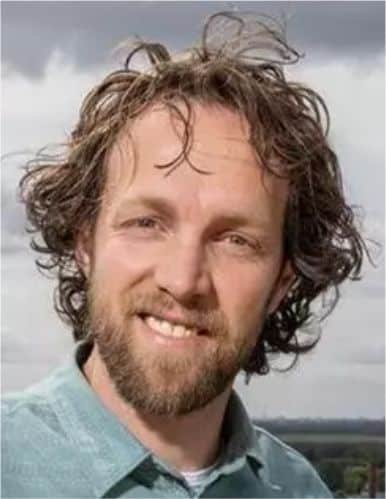
Rudolf Saathof
TU Delft
'Optical turbulence, propagation and manipulation for laser satellite communication'
'Optical turbulence, propagation and manipulation for laser satellite communication'
In 2009, Rudolf earned his mechanical engineering degree from the University of Twente, specialising in Mechanical Automation and Mechatronics. His thesis delved into active vibration insulation control for high-tech equipment. Subsequently, in 2013, he completed his PhD at TU/Delf in Mechatronic System Design, focusing on adaptive optics for EUV lithography. As a postdoctoral researcher until 2016 at the Vienna University of Technology, he explored control techniques for atomic force microscopy, vibration insulation, and adaptive optics for laser satellite communication. Transitioning to TNO Industry until 2021, he concentrated on adaptive optics and turbulence/link modeling for laser satellite communication. Presently, in Aerospace Engineering's Space Engineering department since 2021, his research centers on opto-mechatronics in space, primarily laser satellite communication.
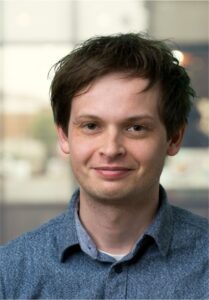
Floris van Kempen
TNO
Floris van Kempen is lead systems engineer for the free space optical communication programme at TNO. We strive to advance and demonstrate critical technology as well as develop a Dutch supply chain to enable optical communication between space and ground and the digital society of the future.
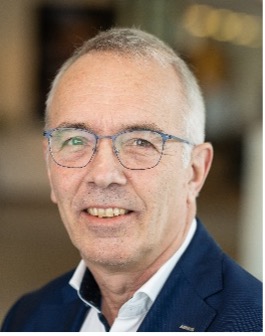
Sytze Kamper
Airbus
'Development of new equipment for optical links through the atmosphere and the use of photonics'
'Development of new equipment for optical links through the atmosphere and the use of photonics'
Sytze Kampen is Head of Technology at Airbus Netherlands in Leiden. He graduated from the University of Delft in 1983. He started his career at the Space Division of Fokker, where he worked on the control systems of scientific satellites like BeppoSax, ISO and Herschel, as well as on the European Robotic Arm for the ISS, until 1998. After a period as a project manager at Ericsson Telecommunications, he returned to Space Technology as the head of TNO’s Space department in 2004. In 2010, he returned to Dutch Space, now Airbus Netherlands, as Head of Technology. In this role, Sytze is now responsible for Airbus’ R&D programme in the Netherlands, which includes the development of Laser Satcom products for the future.
Photonics for Automotive
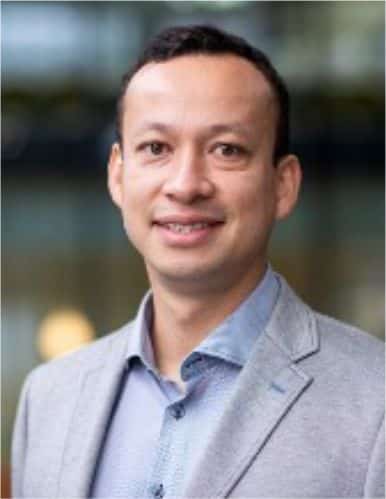
Victor Dolores-Calzadilla
Eindhoven University
'Integrated photonics based on InP for enabling LiDAR on chip'
'Integrated photonics based on InP for enabling LiDAR on chip'
Victor Dolores-Calzadilla received the Ph.D. degree (cum laude) in InP-based photonic integration from the Eindhoven University of Technology, Eindhoven, The Netherlands. After this, he became a Scientist with the Department of Photonic Components, Fraunhofer Heinrich Hertz Institute, Berlin, Germany. Since 2018, he has been with the Eindhoven University of Technology (TU/e). He has a hybrid role as Assistant Professor with TU/e and Program Manager with the Photonic Integration Technology Centre (PITC). He has strong expertise in III-V photonic integrated circuits (PIC) technology, both on generic and membrane-based platforms. He is currently engaged in photonics sensing research and technology development projects in collaboration with industry partners.
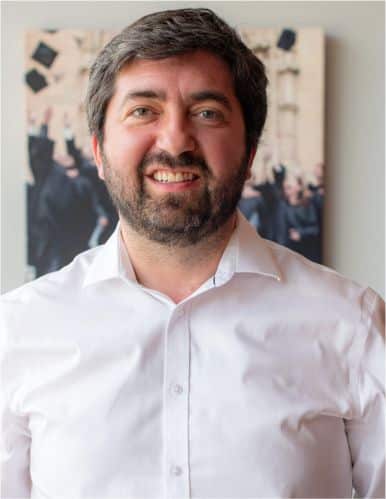
Eduardo Magallo Balbás
Ommatidia-Lidar
'Massively Parallel FMCW technology for high-volume applications'
'Massively Parallel FMCW technology for high-volume applications'
Dr. Eduardo Margallo Balbás, former CEO of MedLumics S.L., possesses vast experience in initiating and overseeing tech ventures. From 2011 to 2017, he led MedLumics through two financing rounds, securing €3.5 million and €34 million, and launched a class II medical device. As co-founder and CEO of Ommatidia LiDAR since 2020, he expanded the team to over 20 members and introduced two product lines, driving consistent revenue growth. Dr. Margallo Balbás holds M.Sc. degrees in Telecommunication Engineering, Electrotechnical Engineering, and Physics, along with a PhD in Photonics from Delft University of Technology. He also completed an Executive MBA from IE Business School and Brown University.
Parallel Sessions - 12:05

Gerritje Cornelisse
NXtv
'How to seduce Gen Z for a career in Photonics''
Activating the younger generation, making them enthusiastic about Photonics
and Optics, and attracting them as the new employees; a challenge many
Photonics and Optics companies are facing. In this session, Gerritje
Cornelisse will guide you through the complexity and opportunities of reaching the new
generations. With her years of experience in techpromotion she will provide you with tips and tools
how to connect with Generation Z and how to seduce them to have a career in
Photonics and Optics.
Parallel Sessions - 14:35
Ate van Steenbergen en Maarten Schans
RVO / OLEV
' Seizing international business opportunities without being naïve of security risks'
' Learn how the National Contact Point (NCP) for Economic Security and the NCP for Knowledge Security can assist you to balance opportunity and risk in a rapidly changing world'
The Netherlands have always been an open and internationally oriented country. But the world is changing and that requires attention. Geopolitical tensions are increasing, as are international interests and competition. At the same time, doing business is more international than ever. To benefit optimally from this, we must also be aware of the risks for our companies, our economy and our society.
When looking for opportunities, difficult considerations are sometimes necessary. What do I have to lose? How do the opportunities weigh up against the risks? And how do I manage those risks? The National Contact Point for Economic Security and the NCP Knowledge Security were established to help companies and universities (for applied sciences) with these considerations.
In a one-hour session, we will let you know how and where our contact points can help especially tech startups and scale-ups and knowledge institutes.
In addition, we would like to hear from you about the issues you encounter and how we can best assist you.
Visit us at the exhibition during the breaks. Businesses can approach us via veiligondernemen@rvo.nl or visit the website Knowledge institutes can approach us via: info@loketkennisveiligheid.nl
In addition, we would like to hear from you about the issues you encounter and how we can best assist you.
Visit us at the exhibition during the breaks. Businesses can approach us via veiligondernemen@rvo.nl or visit the website Knowledge institutes can approach us via: info@loketkennisveiligheid.nl

